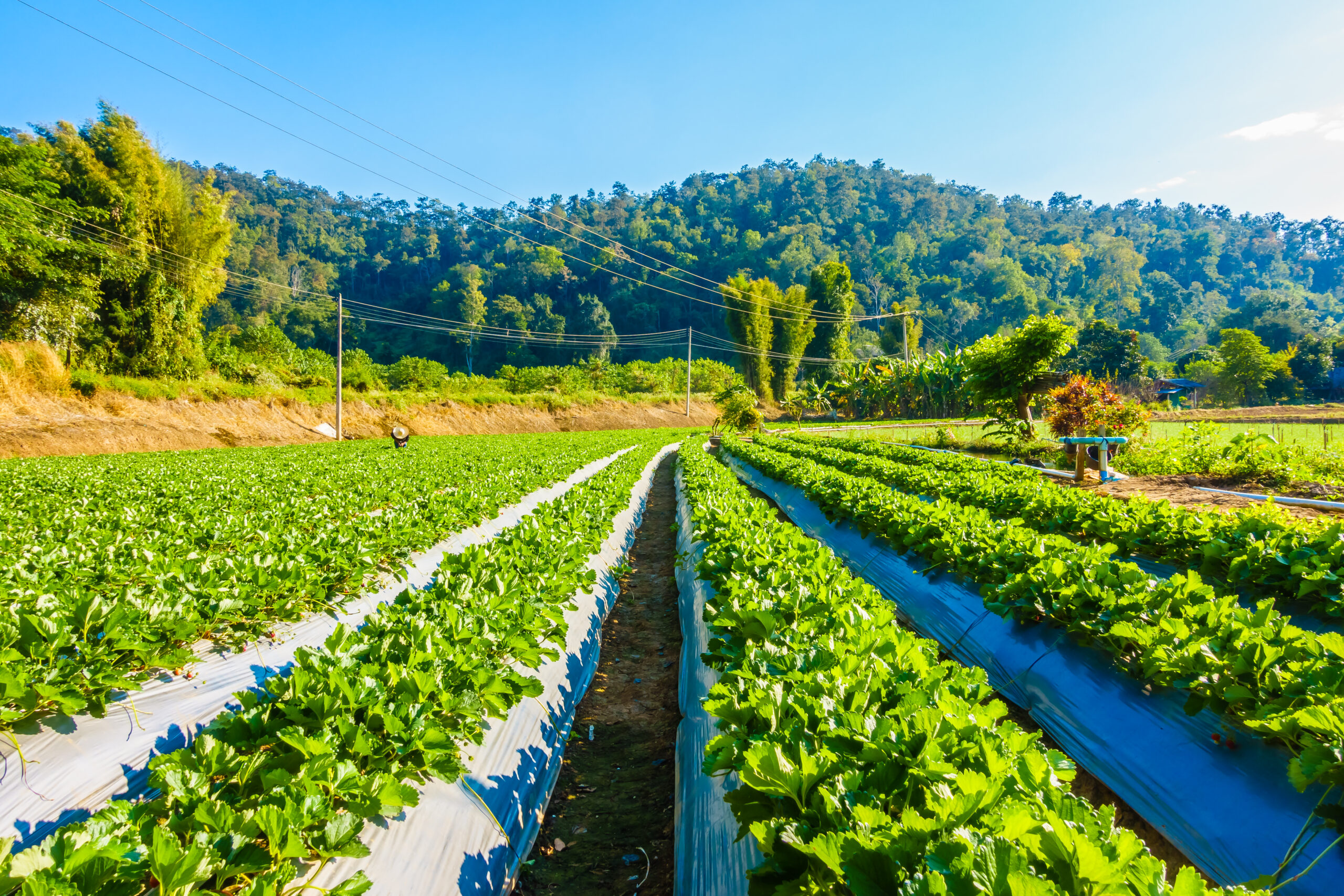
Exploring the Benefits of Organic Farming
Introduction
In a world where sustainability and health-conscious choices are gaining prominence, organic farming has emerged as a beacon of environmentally friendly and wholesome agricultural practices. Rooted in the principles of ecological balance and natural harmony, organic farming offers a plethora of benefits that extend beyond the dinner plate. In this blog, we’ll delve into the world of organic farming and explore the myriad advantages it brings to our tables and our planet.
Understanding Organic Farming
Organic farming is a holistic approach to agriculture that emphasizes working with nature rather than against it. It prioritizes the use of natural processes, minimal synthetic inputs, and the preservation of soil health to produce high-quality crops and livestock. Here, we will look into some of the key benefits of this sustainable farming method.
- Soil Health and Fertility
Central to organic farming is the belief that healthy soil leads to healthy crops. Organic farmers focus on building and maintaining soil health through practices like crop rotation, cover cropping, and composting. By nurturing soil ecosystems and avoiding synthetic chemicals, organic farming enhances soil fertility, water retention, and overall resilience. This leads to improved long-term productivity and reduces the risk of soil degradation. Composting is also encouraged to be done on the farm level to reduce costs of transport and to ensure transparency of the raw materials involved in composts.
- Reduced Chemical Exposure
One of the most significant advantages of organic farming is the elimination of synthetic pesticides, herbicides, and genetically modified organisms (GMOs). These chemicals can have detrimental effects on human health and the environment. By choosing organic products, consumers can reduce their exposure to potentially harmful substances and support farming practices that promote long-term sustainability.
- Biodiversity and Ecosystem Preservation
Organic farms tend to host a greater diversity of plants, animals, and microorganisms compared to conventional farms. This biodiversity enhances natural pest control, reduces the likelihood of disease outbreaks, and supports a healthier ecosystem. Furthermore, organic farming practices like crop rotation and mixed planting contribute to the preservation of native species and pollinators, which are crucial for global food production.
- Water Conservation
Organic farming techniques such as cover cropping and reduced tillage help maintain soil structure, which, in turn, improves water retention and reduces erosion. Without the use of synthetic fertilizers, organic farms also minimize nutrient runoff into water bodies, leading to healthier aquatic ecosystems and reduced water pollution.
- Nutrient-Rich Produce
Numerous studies have shown that organically grown crops can have higher levels of certain nutrients and antioxidants compared to conventionally grown ones. The absence of synthetic fertilizers encourages plants to develop deeper root systems, enabling them to access more minerals and nutrients from the soil.
- Support for Rural Communities
Organic farming often takes a holistic approach to community well-being. By promoting local and sustainable practices, it can help strengthen local economies, preserve traditional farming methods, and enhance rural livelihoods. Moreover, organic farming supports fair trade practices, ensuring that farmers receive equitable compensation for their efforts.
Conclusion
As concerns about environmental sustainability, health, and ethical consumption continue to rise, organic farming has proven to be a promising solution that addresses these issues holistically. From nurturing soil health to promoting biodiversity and providing nutrient-rich produce, the benefits of organic farming are both immediate and far-reaching. By supporting organic practices, we contribute to a healthier planet, improved well-being, and a more resilient food system for generations to come. Whether you’re a consumer making conscious choices or a farmer adopting sustainable practices, organic farming offers a path toward a more sustainable and harmonious relationship with the land.


No Comments